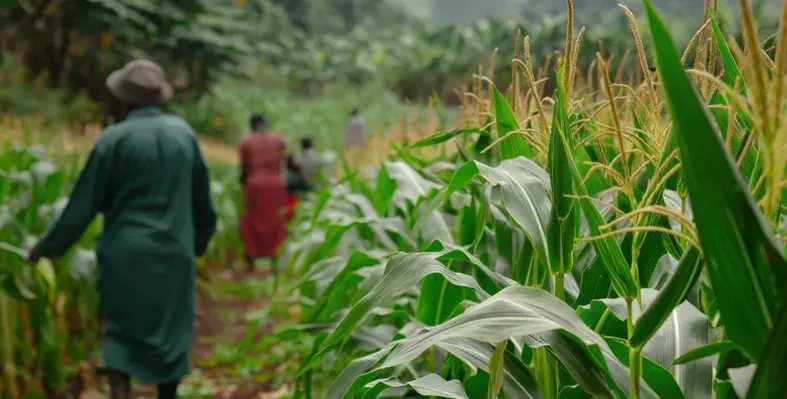
Novonesis will vertically integrate the complete value chain of the Alliance, adding dsm-firmenich’s sales and distribution activities alongside its existing product innovation and production capabilities. (Image source: Novonesis)
Novonesis has signed an agreement with dsm-firmenich to take over the sales and distribution activities of the Feed Enzyme Alliance in exchange for a total cash consideration of US$1.5bn
This acquisition aligns with Novonesis’ growth strategy and expands its presence across the animal biosolutions value chain. Financially, this transaction is accretive to revenue growth, adjusted EBITDA margin and adjusted EPS excl. amortisation, with attractive revenue synergies.
Novonesis will vertically integrate the complete value chain of the Alliance, adding dsm-firmenich’s sales and distribution activities alongside its existing product innovation and production capabilities. The fully integrated business will be better equipped to serve existing and new customers with strong insights into core markets and product technologies enhancing R&D and unleashing further innovation.
Through the successful combination of Novozymes and Chr Hansen, Novonesis is now an industry leader in animal biosolutions with one consolidated go to market model and leading technological know-how. With this transaction Novonesis will have a greater customer reach and a broader offering of market leading biosolutions, combining enzymes and probiotics, for both animal nutrition and health. This acquisition will accelerate Novonesis’ sales growth of animal biosolutions by a low-single-digit CAGR above market growth.
“The Alliance has been a great success for both companies, establishing a global leadership position in feed enzymes," said CEO of dsm-firmenich, Dimitri de Vreeze. I am confident that this business will continue to thrive under the leadership of Novonesis, and I am pleased that the long-term commercial relationship with our Animal Nutrition & Health business will continue.”








